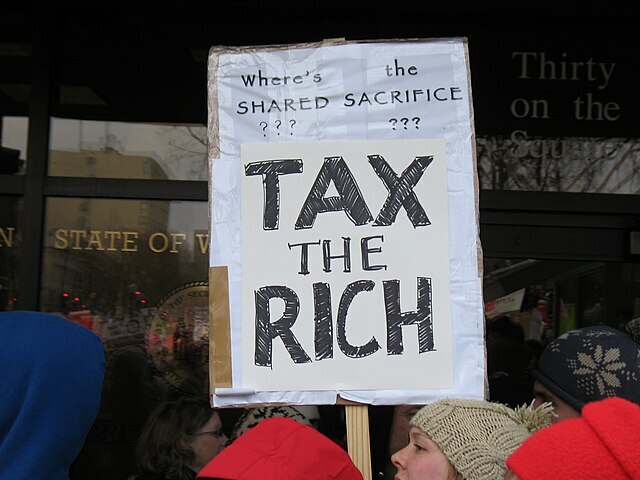After 10 months of steady decreases, North Carolina’s unemployment rate remained unchanged in May from April’s 3.4% rate, according to the latest release from the North Carolina Department of Commerce. The national rate also remains unchanged at 3.6%.
The state’s labor force, including employed individuals and unemployed individuals searching for work, grew to 5,087,550 persons in May, ever closer to the January 2020 pre-pandemic level of 5,110,632.
North Carolina employers added 33,419 jobs over the month with Manufacturing, Financial Activities, and Leisure and Hospitality making the most gains.
Since May 2021, total private sector jobs have increased by 154,600 while Government added 10,700.
Even so, lackluster national trends raise concern as to whether North Carolina will be able to maintain this growth.
In particular, inflation continues to heat up, eating up any wage gains.
Average private weekly wages in North Carolina increased 1.83% over the month, from $1,011.20 to $ $1,029.73. Over the past year, wages are up 5.75%. Unfortunately, at an annualized rate of 8.6%, inflation eats up these wage gains and more. Low-and middle-class households and those on fixed incomes are hit hardest.
Expensive policies peddled by federal lawmakers give the illusion of helping. In reality, Washington’s reckless deficit spending and money printing is unfettered and brings destructive consequences for all Americans. Such policies are particularly merciless to the poor.
At the state level, North Carolina lawmakers should work to ensure the state can weather a downturn. Next week lawmakers will present budget adjustments for the coming fiscal year. Given our revenue surplus, there is no reason to forgo the opportunity to prepare for the future. By adding to the Rainy Day fund and avoiding additional recurring expenditures, the state will be able to counter revenue shortfalls in an upcoming recession. Without such a fiscal cushion, the state could resort to tax hikes as they did in the Great Recession.


